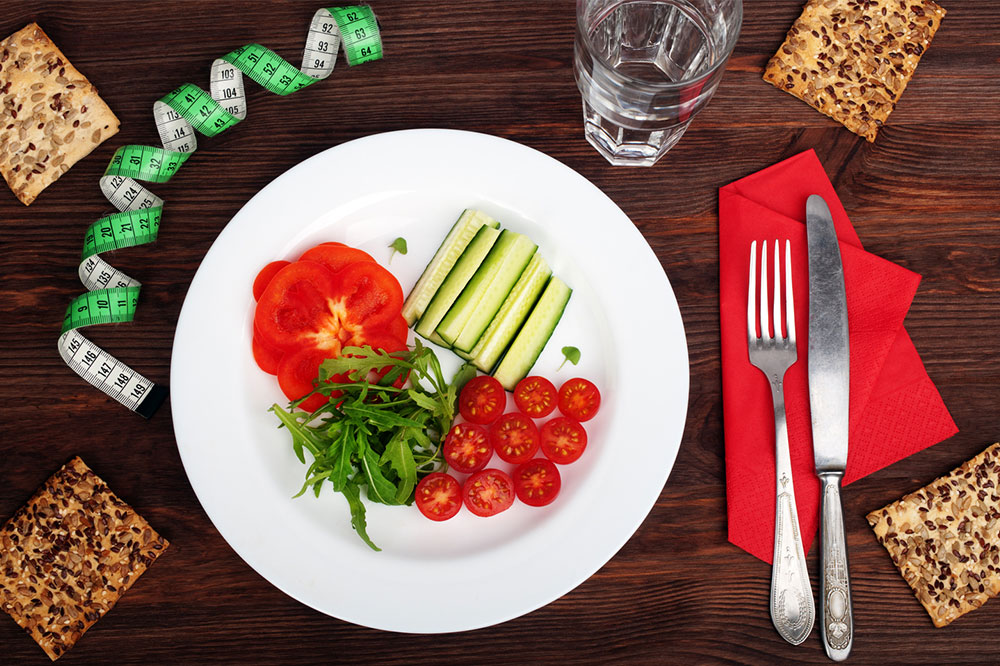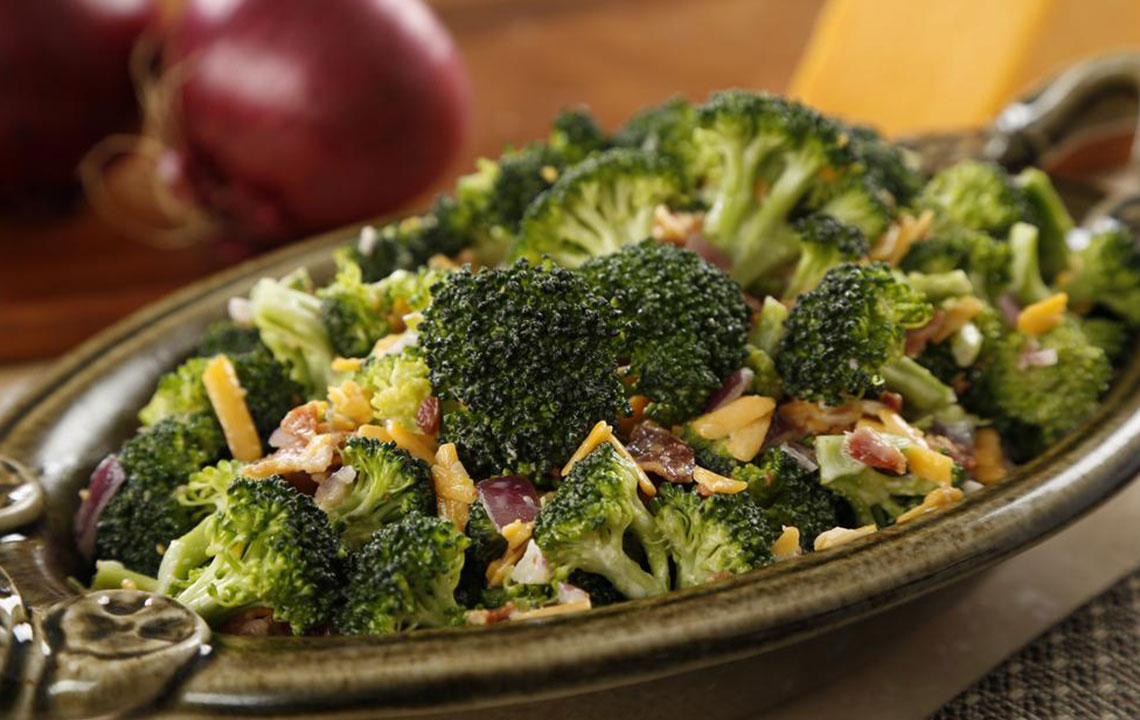Comprehensive Dietary Approaches to Effectively Manage Gastritis Symptoms
This comprehensive guide explores effective dietary strategies for managing gastritis, emphasizing foods that soothe the stomach, combat bacteria, and promote healing. It also highlights foods to avoid, natural remedies, and lifestyle tips for persistent relief, helping individuals prevent complications and improve digestive health through informed nutritional choices.

Comprehensive Dietary Approaches to Effectively Manage Gastritis Symptoms
Gastritis, a common digestive condition, manifests through symptoms such as a burning sensation in the stomach, persistent nausea, frequent hiccups, and the appearance of dark stools. These symptoms are indicative of inflammation and irritation of the stomach lining, which can vary in severity and duration—from fleeting discomfort lasting a day to persistent issues spanning several weeks or more. Understanding the underlying causes and adopting targeted dietary strategies are crucial in managing the condition effectively. One of the most prevalent causes of gastritis is an infection with the bacterium Helicobacter pylori (H. pylori). This microorganism colonizes the stomach lining, leading to inflammation and, if untreated, potentially causing ulcers or increasing the risk of gastric cancer. While occasional episodes of gastritis might be alleviated with over-the-counter antacids, chronic gastritis requires a proactive approach that emphasizes nutritional adjustments and lifestyle modifications to prevent complications and promote healing.
Proper nutritional management plays a significant role in mitigating gastritis symptoms and supporting the healing process. Incorporating specific foods known for their soothing and healing properties can provide relief and improve overall gut health. For example, consuming vegetables such as broccoli supplies sulforaphane, a powerful compound with antimicrobial properties effective against H. pylori, including resistant strains. Including probiotic-rich foods like yogurt, sauerkraut, kefir, and sourdough bread helps restore and maintain a healthy balance of gut flora, which is essential for optimal digestion and immunity. Garlic, long appreciated for its natural antimicrobial effects, can be beneficial in targeting bacterial infections, but should be eaten cautiously by individuals experiencing heartburn or acid reflux to prevent aggravating symptoms. Ginger is another valuable ingredient, known for its anti-inflammatory and gastrointestinal soothing effects, which can alleviate nausea and discomfort associated with gastritis. Cranberries contain flavonoids that inhibit the adhesion of bacteria to the stomach lining, thereby reducing bacterial colonization. Sweet potatoes are rich in Vitamin A, which aids in tissue repair and supports the regeneration of the stomach mucosa. Additional beneficial foods include carrots, dark leafy greens, asparagus, and fruits such as apricots and peaches—each contributing vital nutrients that promote healing and reduce inflammation.
Foods to Limit or Avoid for Gastritis Management
Adopting a gastritis-friendly diet also involves steering clear of foods and beverages that aggravate stomach inflammation. Beverages like coffee, carbonated sodas, and alcohol are known to increase stomach acidity and can intensify symptoms such as burning sensations, nausea, and reflux. Processed foods containing preservatives, additives, and artificial ingredients can weaken immune defenses and irritate the stomach lining, thus should be minimized. Spicy dishes, fried and greasy foods, and high-sugar sweets are common triggers that exacerbate gastritis and impede healing. It is advisable to make these dietary adjustments a permanent lifestyle change rather than a temporary fix, ensuring sustained relief and prevention of flare-ups. Additionally, natural remedies like manuka honey, which possesses antibacterial properties, can soothe inflamed tissues when added to warm water or tea. Staying hydrated with warm water and gentle herbal teas can further help calm an irritated stomach. Maintaining a balanced, nutrition-rich diet tailored to gastritis management is essential, especially in today's fast-paced lifestyles, to prevent the recurrence and severity of inflammation. Through consistent dietary vigilance and proper lifestyle modifications, individuals can effectively manage gastritis, promote healing, and sustain long-term gastric health.





